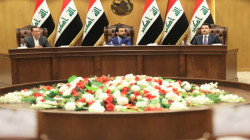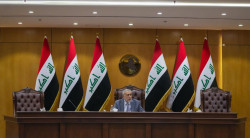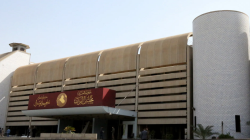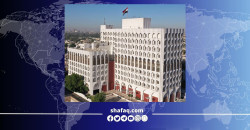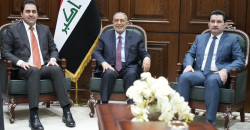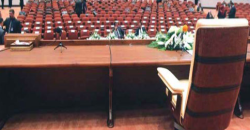KDP warns: Parliament gridlock could force early Iraq polls
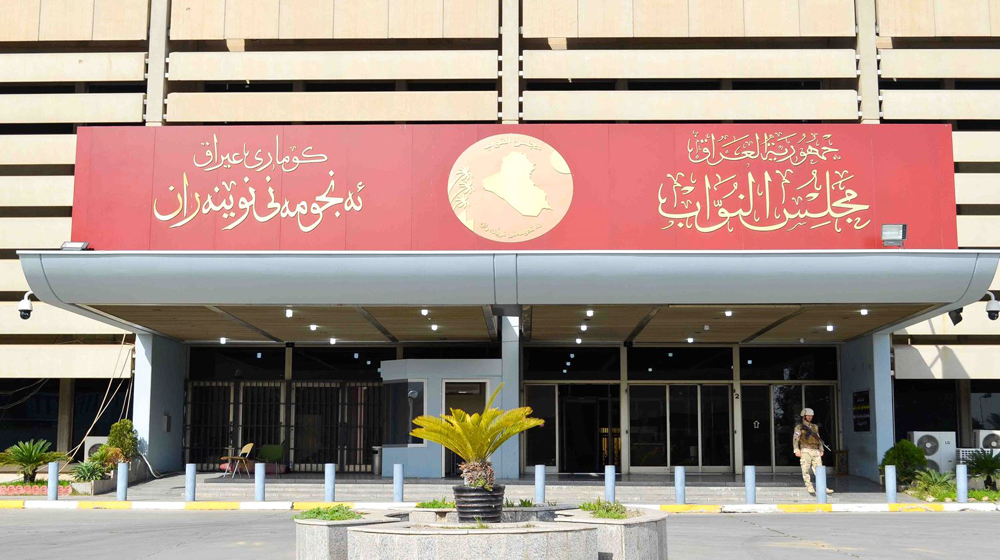
Shafaq News/ Persistent quorum failures and stalled legislative activity in the Iraqi Parliament are prompting concerns that early elections could become inevitable, warned Majid Shankali, a member of the Kurdistan Democratic Party (KDP) bloc, on Sunday.
Shankali told Shafaq News, "The current legislative session has started very weakly and is not meeting the required standards. If the Presidency of the Parliament cannot secure a quorum and hold sessions to pass critical laws, alternative measures must be adopted instead of merely postponing sessions."
"What we are witnessing does not reflect the proper supervisory and legislative work expected of Parliament."
The Iraqi Parliament has been grappling with crucial challenges in convening sessions due to persistent quorum issues, which have led to the postponement of several key votes.
On January 15, 2025, the Parliament failed to hold its regular session following a boycott by most political blocs. This session was slated to include pivotal votes on a draft law governing the Intelligence Service and a proposed amendment to the Retirement Law.
Political tensions have escalated further as stalled legislative efforts—including those on the General Amnesty Law and the Retirement Law—have disrupted parliamentary proceedings. On January 19, 2025, a session was adjourned after the loss of a legal quorum during a vote on a federal budget amendment, as dissenting MPs exited the chamber.
In addition, the inability to meet quorum has delayed other important legislative initiatives, such as bills to establish the Iraqi Programmers' Syndicate, regulate sports clubs, enhance environmental protection, reform civil aviation, and safeguard intellectual property rights.
Efforts by parliamentary leaders to resolve the quorum crisis through consultative meetings with dissenting MPs have so far failed to restore full legislative functionality, intensifying concerns that the ongoing gridlock could force the leadership to consider early elections.
